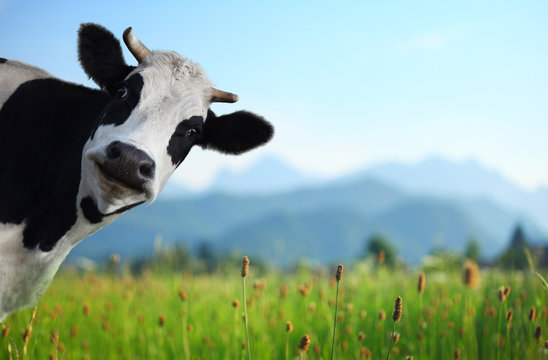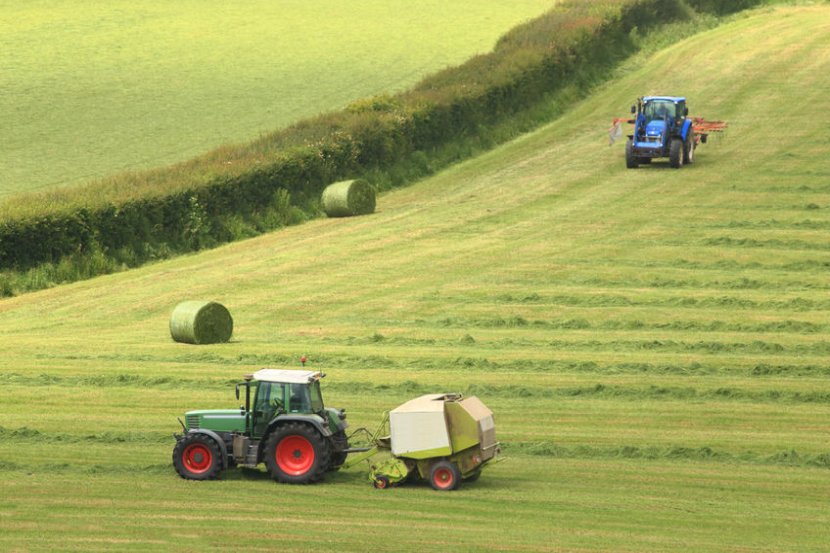Agriculture is not merely a livelihood; it’s a cornerstone of human civilization that has shaped societies, economies, and cultures for millennia. Beyond the fields and farms, there are intriguing and delightful aspects of agriculture that might surprise you. Let’s journey through a collection of fun and eye-opening facts about this vital industry that feeds and sustains the world.
1. Ancient Beginnings:
Agriculture has a history dating back thousands of years. The earliest evidence of organized farming dates back to around 10,000 BC in the Fertile Crescent, where people began cultivating crops like wheat and barley.
2. A World of Crops:
While you might associate agriculture with staple crops like wheat and rice, did you know that there are over 50,000 edible plants grown worldwide? From the familiar to the exotic, agriculture encompasses an astonishing diversity of crops.
3. Honey Harvesting:
Bees play a crucial role in agriculture by pollinating crops. Did you know that it takes approximately 12 honeybees their entire lifetime to produce just one teaspoon of honey? That’s a lot of buzzing and busy bees!

4. Pumpkins Galore:
Every fall, pumpkins take center stage as a symbol of the season. However, did you know that they’re not just for Halloween decorations? Pumpkins are a nutritious and versatile crop, used in everything from soups to pies.
5. The Potato Paradox:
The humble potato, a staple in many diets, wasn’t always universally embraced. When first introduced to Europe in the 18th century, some countries resisted cultivating it due to its association with disease and suspicion.
6. Cotton and Clothing:
Cotton, a vital crop for the textile industry, has an interesting secret—it’s actually a member of the hibiscus family! Its fibers have been spun into clothing for thousands of years.
7. Ancient Soil Improvement:
In ancient Peru, farmers practiced a form of sustainable agriculture by creating “waru waru” systems. These raised fields allowed for better drainage, soil aeration, and efficient water usage.
8. Cow Puzzles:
Cows have four compartments in their stomachs, known as the rumen, reticulum, omasum, and abomasum. They play a crucial role in digesting plant material, making cows effective converters of grass into milk and meat.
9. The Tomato’s Identity Crisis:
While we think of tomatoes as vegetables, they’re actually fruits! In 1893, the U.S. Supreme Court even ruled on this matter, classifying tomatoes as vegetables for taxation purposes.
10. Ancient Crop Rotation:
The ancient Roman writer Cato the Elder advised farmers on crop rotation techniques. He recommended alternating crops like barley, beans, and wheat to maintain soil fertility—a practice still used today.
11. Egg-cellent Facts:
Eggs are a versatile and nutritious food source. Did you know that the color of an eggshell is determined by the breed of the chicken and has no effect on its taste or nutritional value?
12. The Buzz on Bees:
Bees are crucial pollinators, contributing to the growth of fruits, vegetables, and nuts. Without them, many of our favorite foods, like strawberries, almonds, and apples, would be scarce.
13. Rice Rituals:
In some Asian cultures, rice is so revered that there are ceremonies and rituals dedicated to it. Rice planting festivals celebrate the importance of this staple crop.
14. Organic Farming Roots:
The principles of organic farming are ancient and can be traced back to traditional agricultural practices that predate synthetic chemicals.
15. Sustainable Livestock:
In some places, farmers use aquaponics—a combination of aquaculture (fish farming) and hydroponics (growing plants without soil)—to raise fish and grow crops in a symbiotic system.
From the earliest days of cultivation to modern innovations, agriculture continues to evolve, adapt, and provide sustenance for a growing global population. These fun facts offer a glimpse into the captivating world of agriculture, reminding us of its significance and the intricate web of life it sustains. So, the next time you enjoy a delicious meal or admire a field of crops, remember the remarkable journey that brings food from the land to your plate.
